Are you a Matcha seller? Join as a Vendor
JAS Organic is Japan’s official certification system for organic products, established in 2000 with mandatory standards for all organic imports and exports.
There are no results matching your search
There are no results matching your search Reset filters?
JAS Organic certification is Japan’s government-backed quality standard that guarantees matcha meets strict organic production requirements. Established in 2001 by Japan’s Ministry of Agriculture, Forestry and Fisheries, this JAS Organic system requires products contain at least 95% organic ingredients and undergo annual third-party inspections. The certification prohibits synthetic fertilizers, agricultural chemicals, and GMO technology while ensuring sustainable farming practices that protect both soil health and matcha quality.
The certification process involves registered third-party bodies conducting annual on-site inspections of tea farms and processing facilities. Inspectors verify soil conditions, examine farming records, and confirm that organic seeds and inputs are used throughout production. Matcha producers must maintain detailed documentation of their cultivation methods, from soil preparation to final processing. The system requires farms to demonstrate sustainable soil productivity and environmentally friendly practices that align with traditional Japanese organic farming methods.
JAS Organic certification directly impacts matcha quality by ensuring leaves grow without harmful pesticides or synthetic fertilizers that can affect flavor profiles. The certification’s focus on soil health and biodiversity creates optimal growing conditions for tea plants, potentially enhancing the natural umami characteristics that define premium matcha. Annual inspections maintain consistent quality standards, while the 95% organic content requirement ensures minimal contamination from non-organic sources during processing and packaging.
The JAS Organic logo serves as a trusted quality indicator that builds consumer confidence in matcha products. Japan maintains mutual recognition agreements with the USA (since 2014) and EU, allowing JAS-certified matcha to enter international markets without additional organic certification requirements. This recognition is particularly valuable as the global matcha market grows at 11.7% annually, reaching a projected USD 9.8 billion by 2034. The certification supports premium pricing strategies while meeting the increasing consumer demand for verified organic products.
To obtain JAS Organic certification, matcha producers must meet specific requirements that go beyond basic organic standards. The system demands:
Non-compliance results in immediate certification revocation, making JAS one of the most stringent organic standards in the tea industry. This rigorous approach ensures that JAS-certified matcha consistently meets the highest quality and safety standards expected by discerning consumers worldwide.
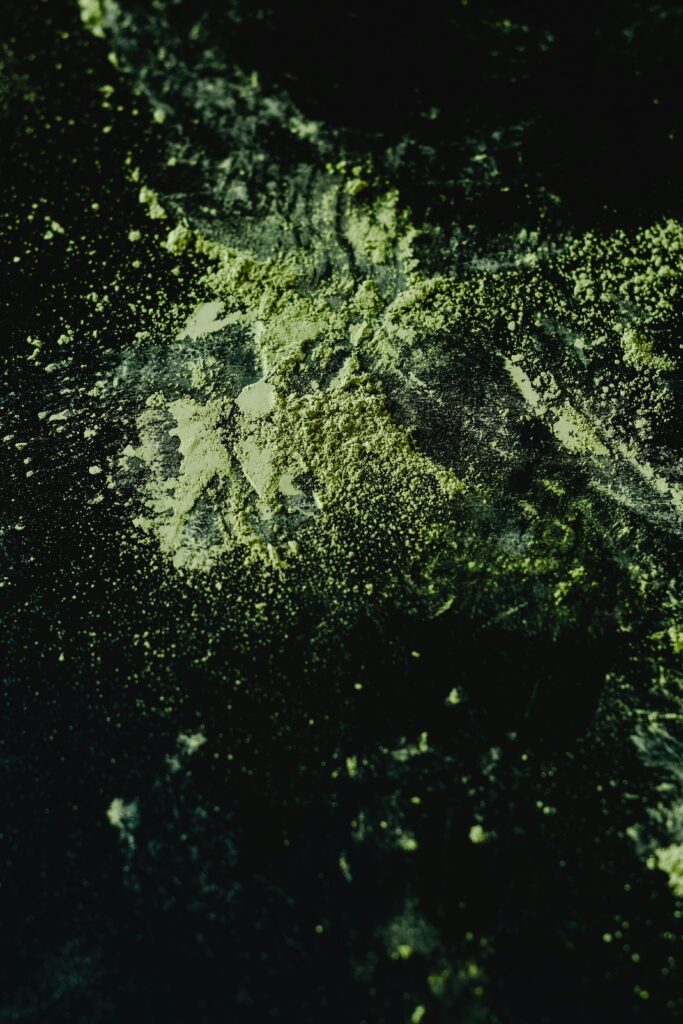
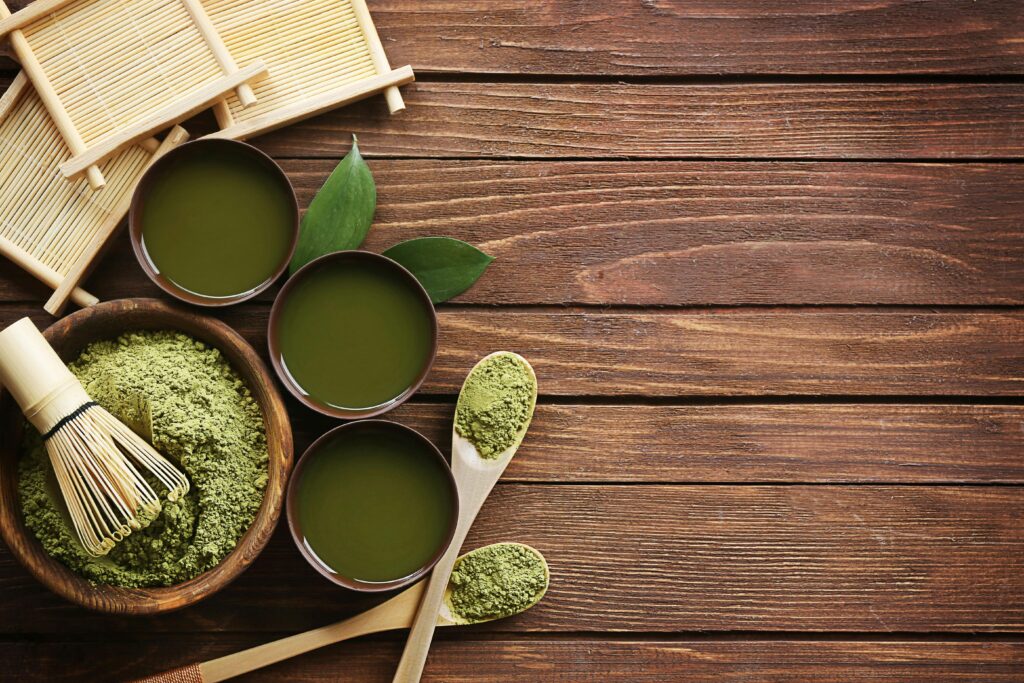
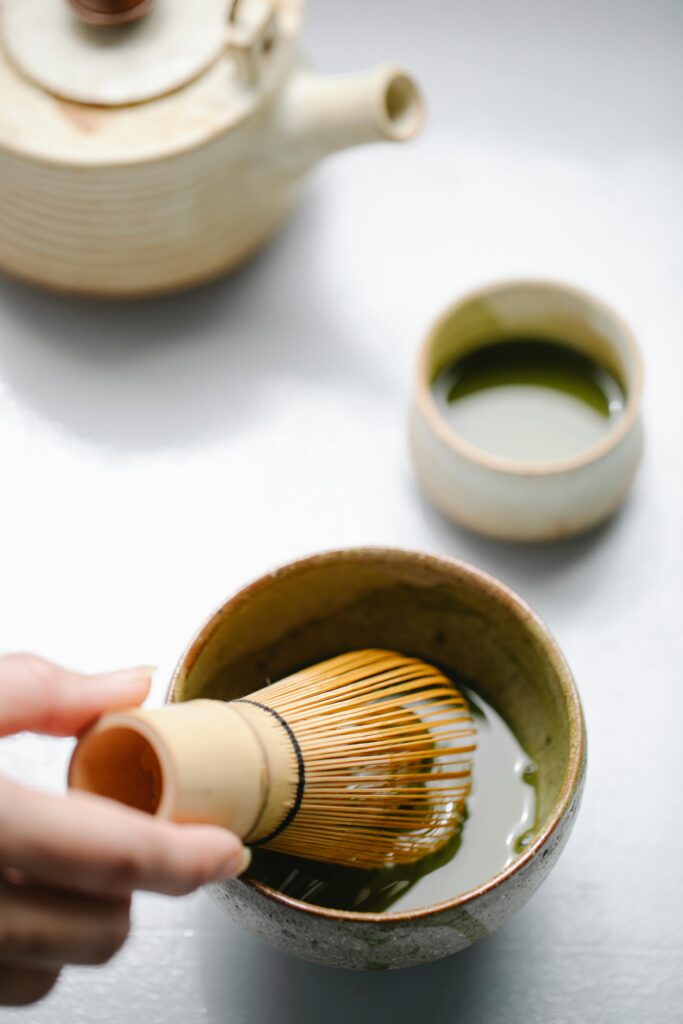
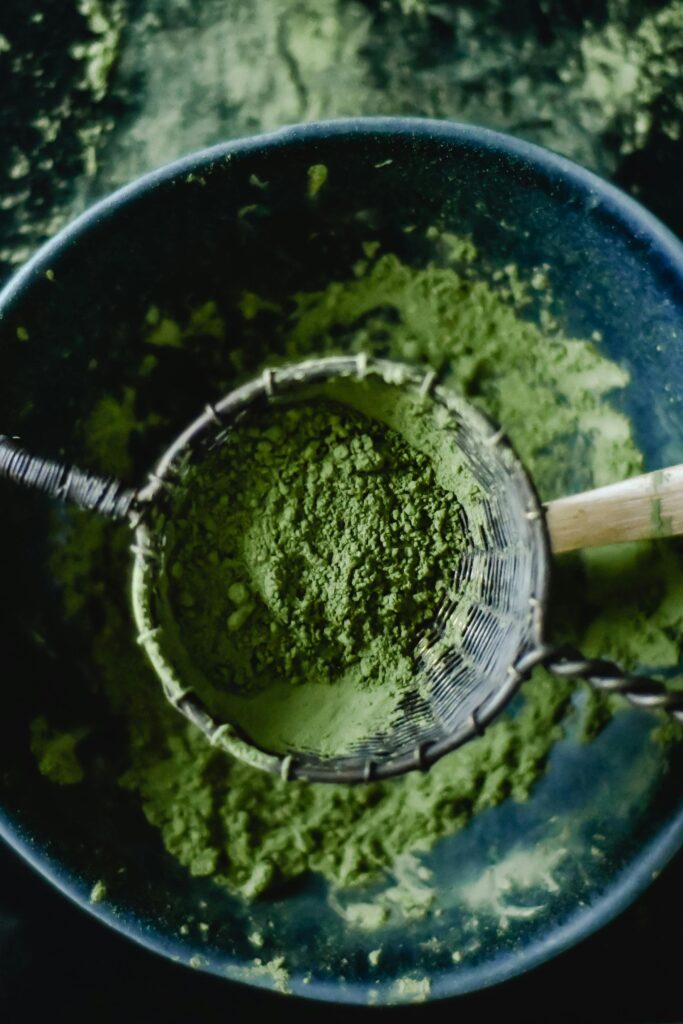
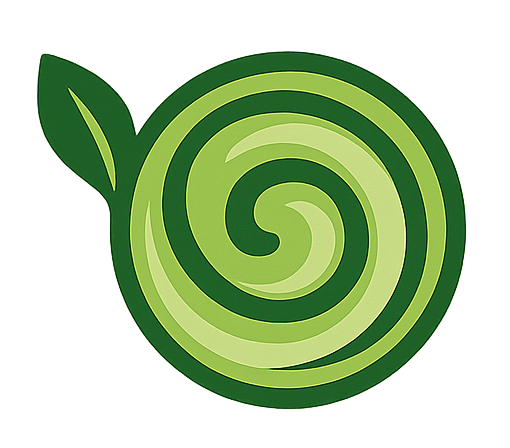
Join our mailing list to receive updates and exclusive tips.
There are no results matching your search